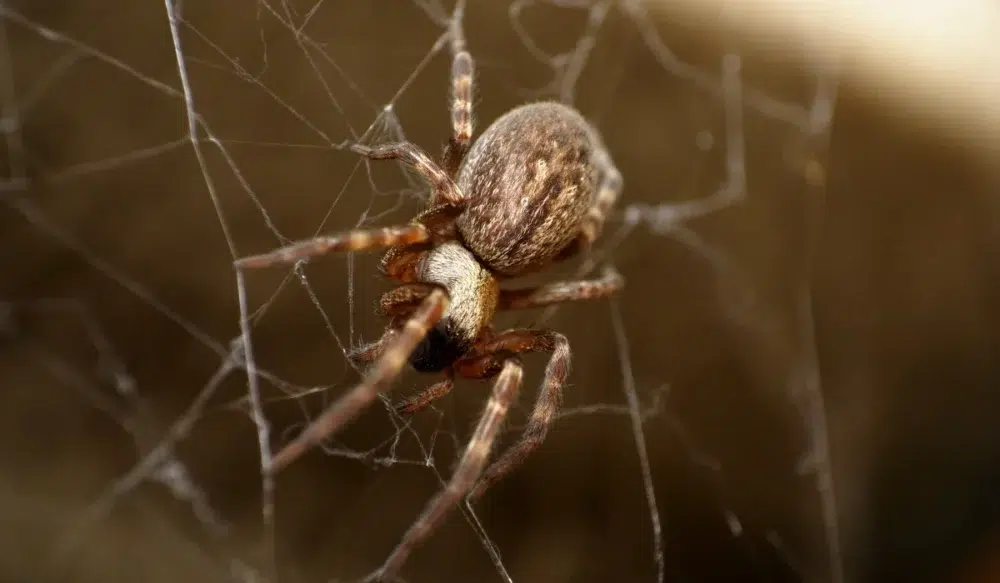While most spiders in Arizona are harmless and even beneficial, there are a couple of species that, under the right circumstances, can become a serious problem. Thanks to our beautiful, sunny weather in Arizona, the spider population has always been abundant and, in recent years, has become a problem for many Phoenix homeowners.
Seeing a spider web or two around your property or a common household spider in the corner of your house is not a cause for alarm. However, if the spider population gets out of hand, or you’re starting to spot varieties of spiders that can be venomous, it’s best to get a professional on the case post haste.
Let’s look at some common spiders in Arizona and learn how to differentiate venomous spiders from harmless ones, how to keep spiders out of your house, and, if that fails, how to find good quality .
Characteristics Of Common Spiders
All spiders are arachnids, members of the 7th largest order of organisms on earth, and have eight legs; past that, a spider’s appearance varies greatly. Similar to scorpions and ticks, spiders have a body split into two parts; a cephalothorax and an abdomen. Most spiders also have eight eyes, while some have fewer, and some have none at all. All spiders have pretty poor vision and rely on other senses to hunt.
are predators, feeding on the insects around them and other spiders. They can not digest anything but liquids, so to get nourishment, they use their digestive juices to liquefy their prey, allowing them to ingest it.
Some Spiders Are More Dangerous Than Others
In an ecosystem as diverse as the one we enjoy around Phoenix, there are thousands of varieties of insects. And where insects are abundant, there are usually plenty of spiders to pray on them.
You’re likely to run into one of these :
- Black and yellow garden spider
- Giant crab spider
- Jumping spider
- Wolf spider
- Tarantula
- Brown recluse
- Black widow
Of all of them, only the last three are venomous, and the tarantula, the boogyman of horror movies, has less harmful venom than that of a honey bee. However, black widow and brown recluse spiders can potentially cause significant damage. A black widow bite affects the human nervous system, and a bite from a brown recluse injects a neurotoxic venom that destroys surrounding tissue.
If you believe you’ve been bit by a brown recluse or a black widow, it’s best to seek immediate medical help.
Five No-Sweat Spider Prevention Tips For Around Your Home
The best way to deal with spiders is to keep them outside your walls. The following simple and practical tips will help you with that:
- Seal cracks and gaps in your exterior walls and foundation.
- Check your window and door screens for damage.
- Replace outside lights with yellow lights to avoid attracting insects.
- Get rid of spider hiding places by ridding your house of clutter
- Cut down the vegetation around house walls.
Sometimes, despite your best efforts, you discover that your house has spiders.
The Best Way To Keep Spiders And Their Pest Prey Out
If you’ve spotted signs of spider infestation, it’s time to call a professional! An experienced pest control technician will be able to quickly identify what spider species you’re dealing with and clear them out of your house. They’ll make sure to remove both live spiders and spider eggs to avoid you having to deal with a reinfestation in the future.
Call Green Home Pest Control today if you have a !
Request Your Free Estimate Today
Complete the form below to request your no obligation estimate.



